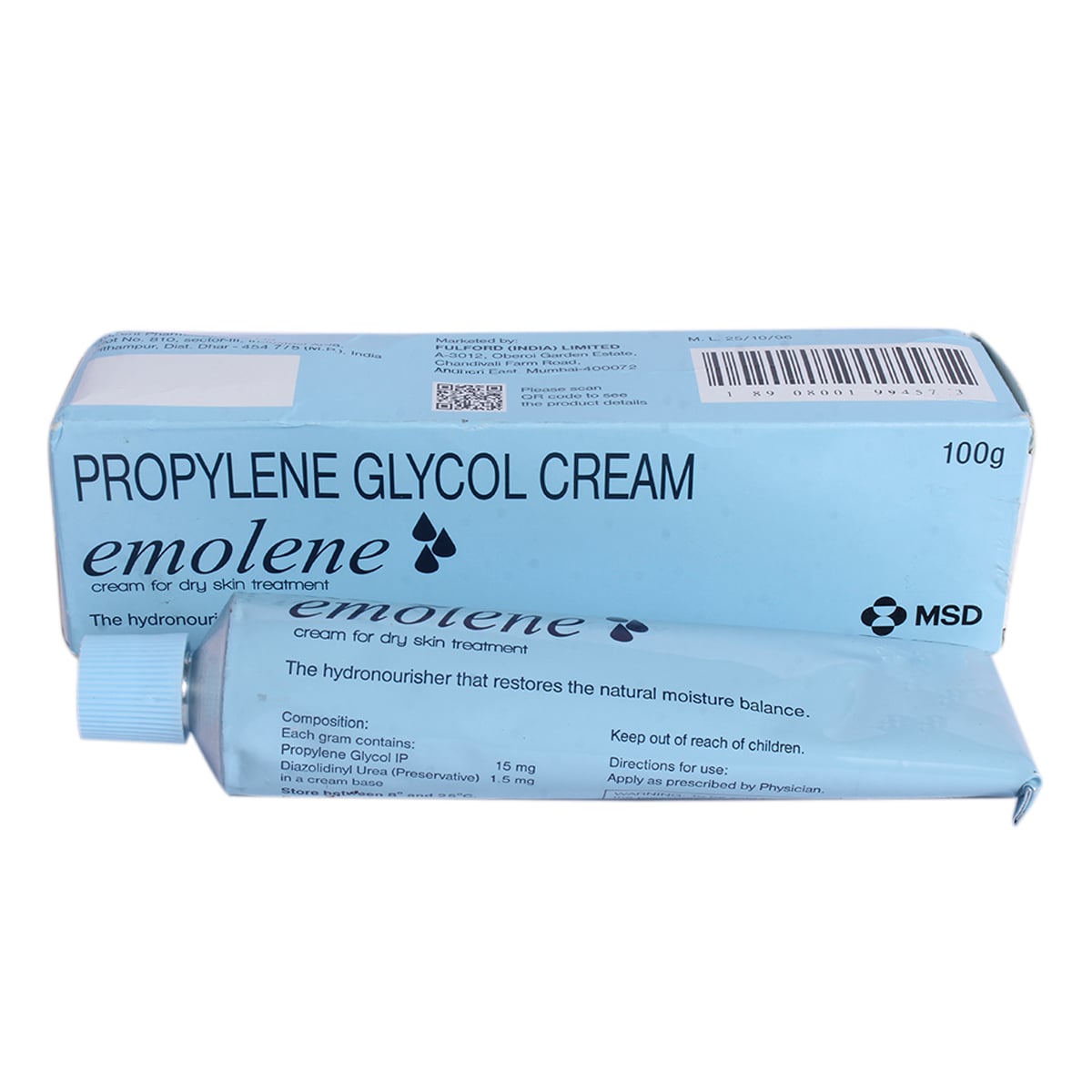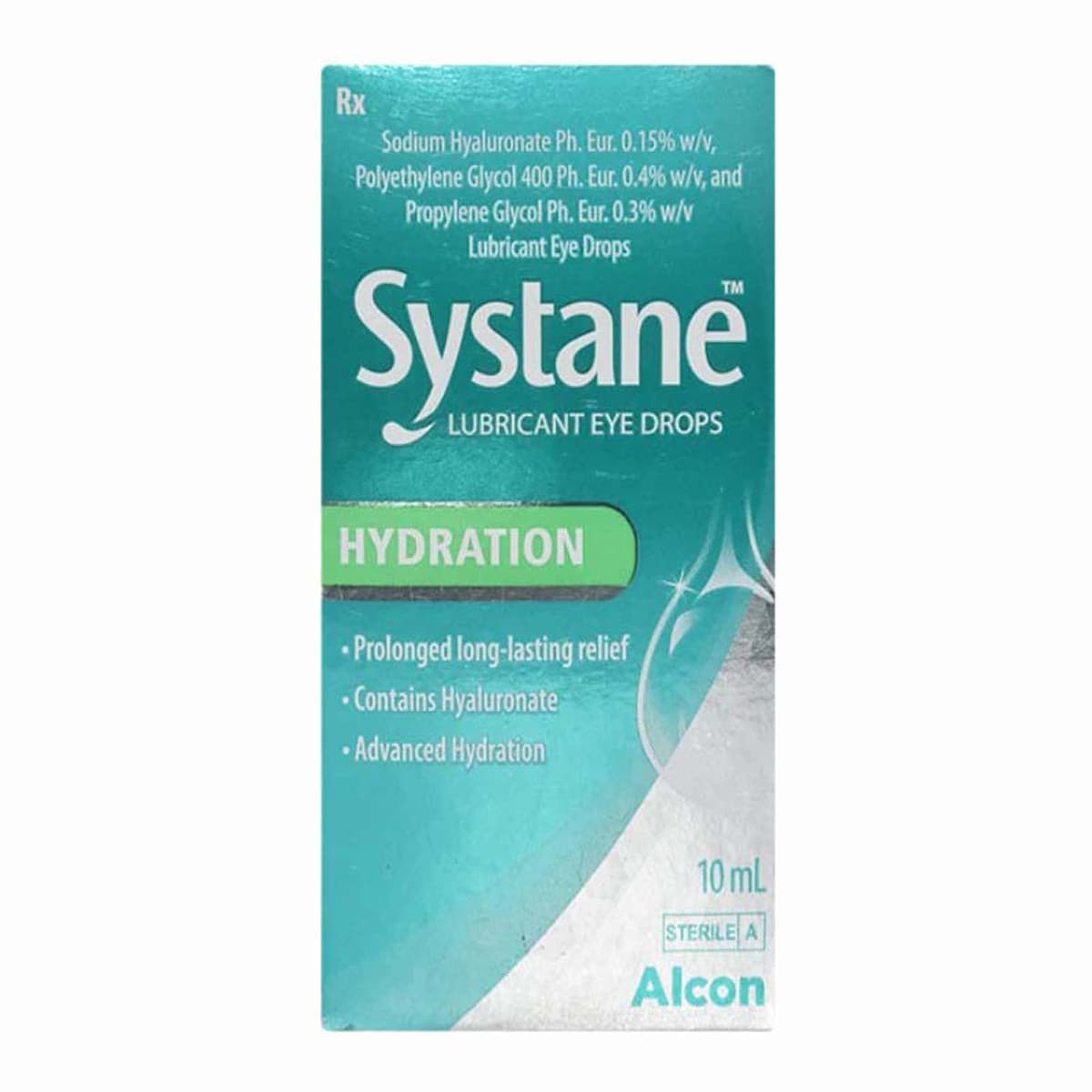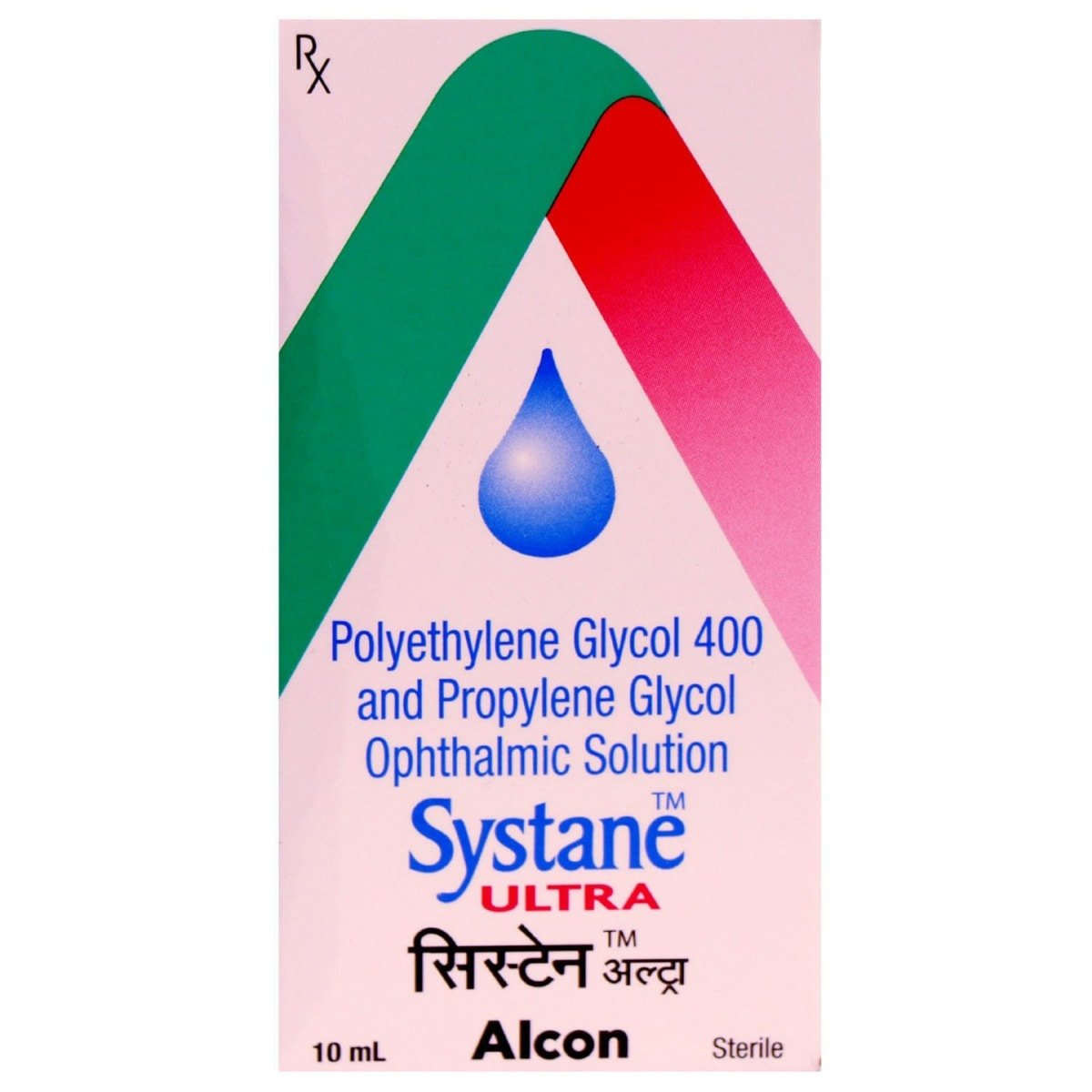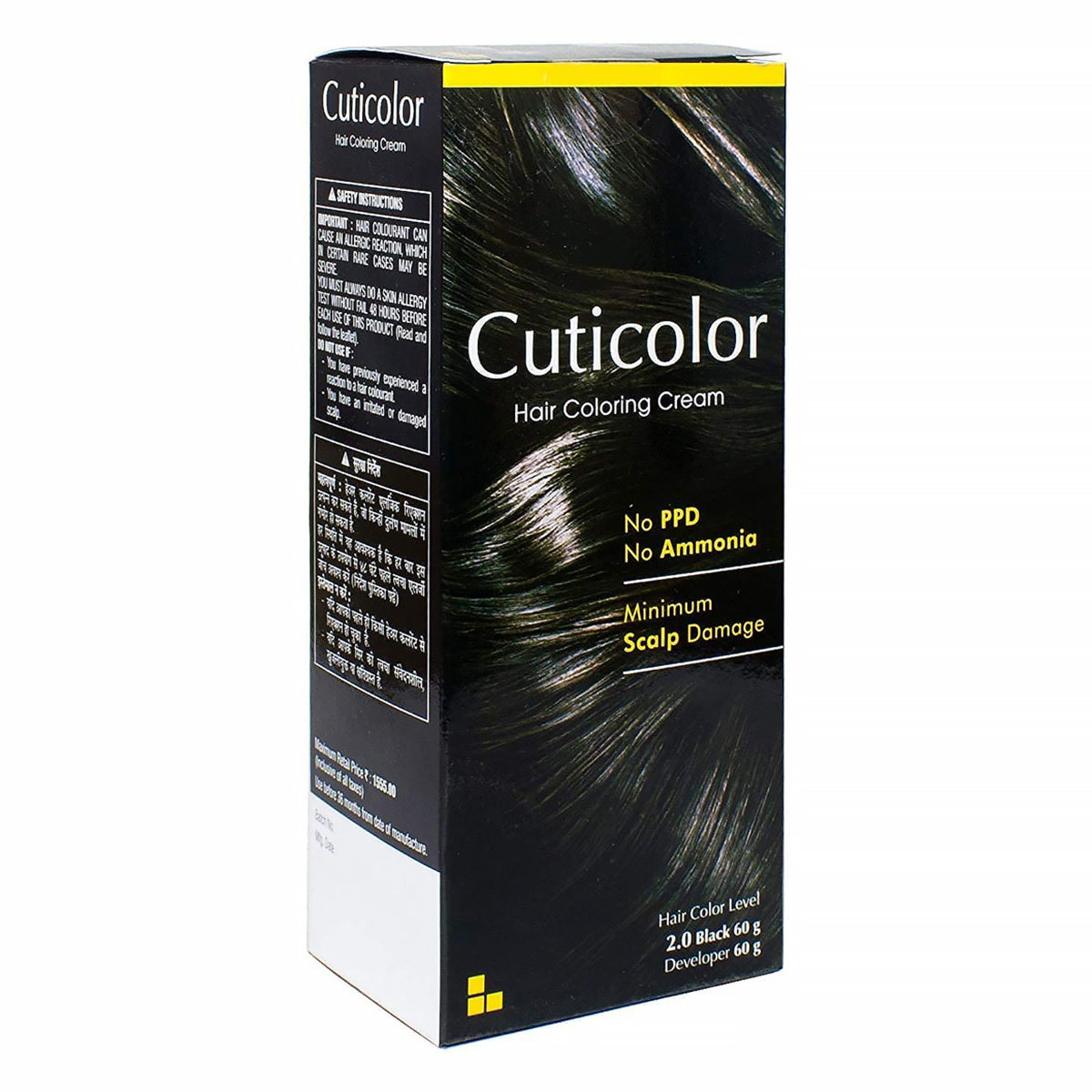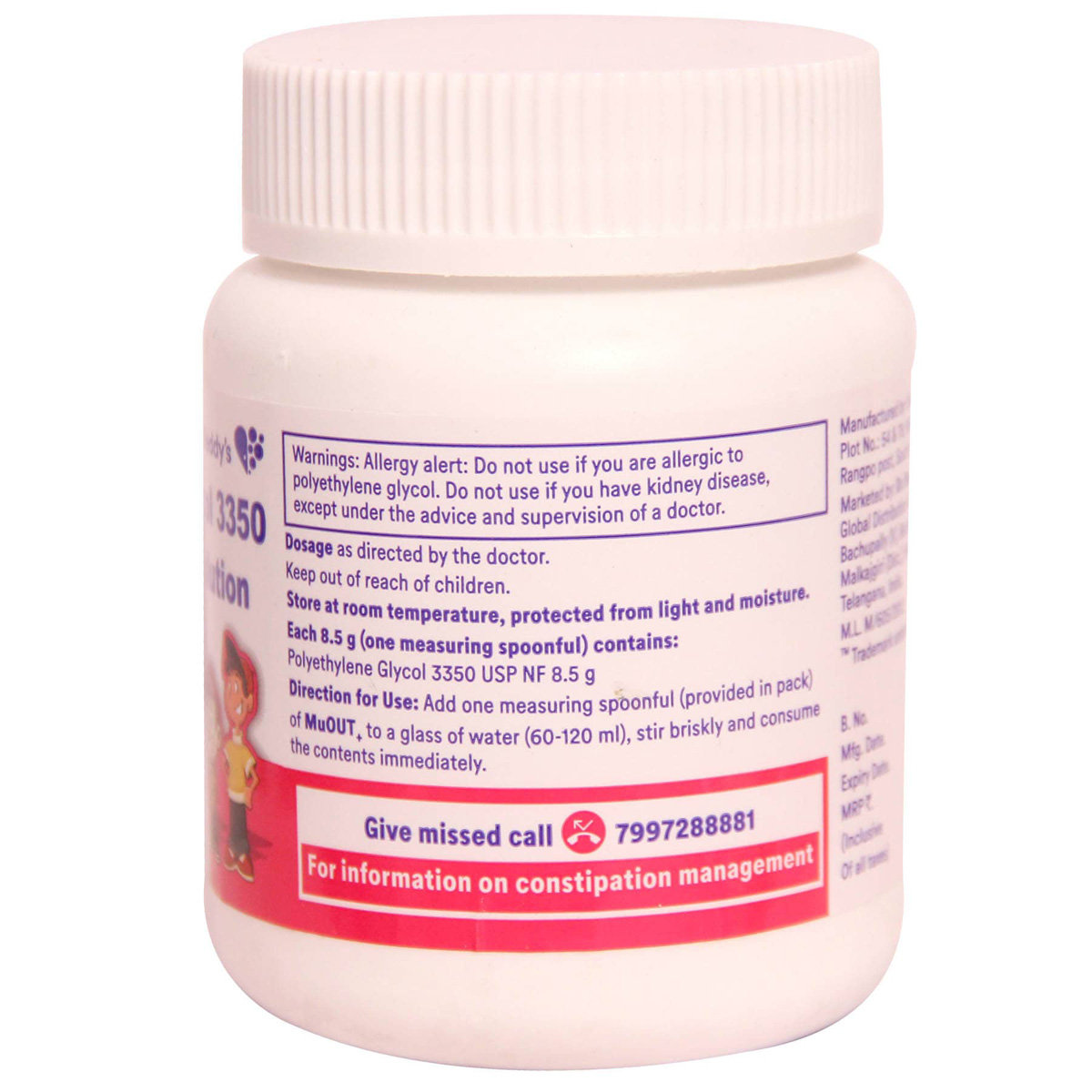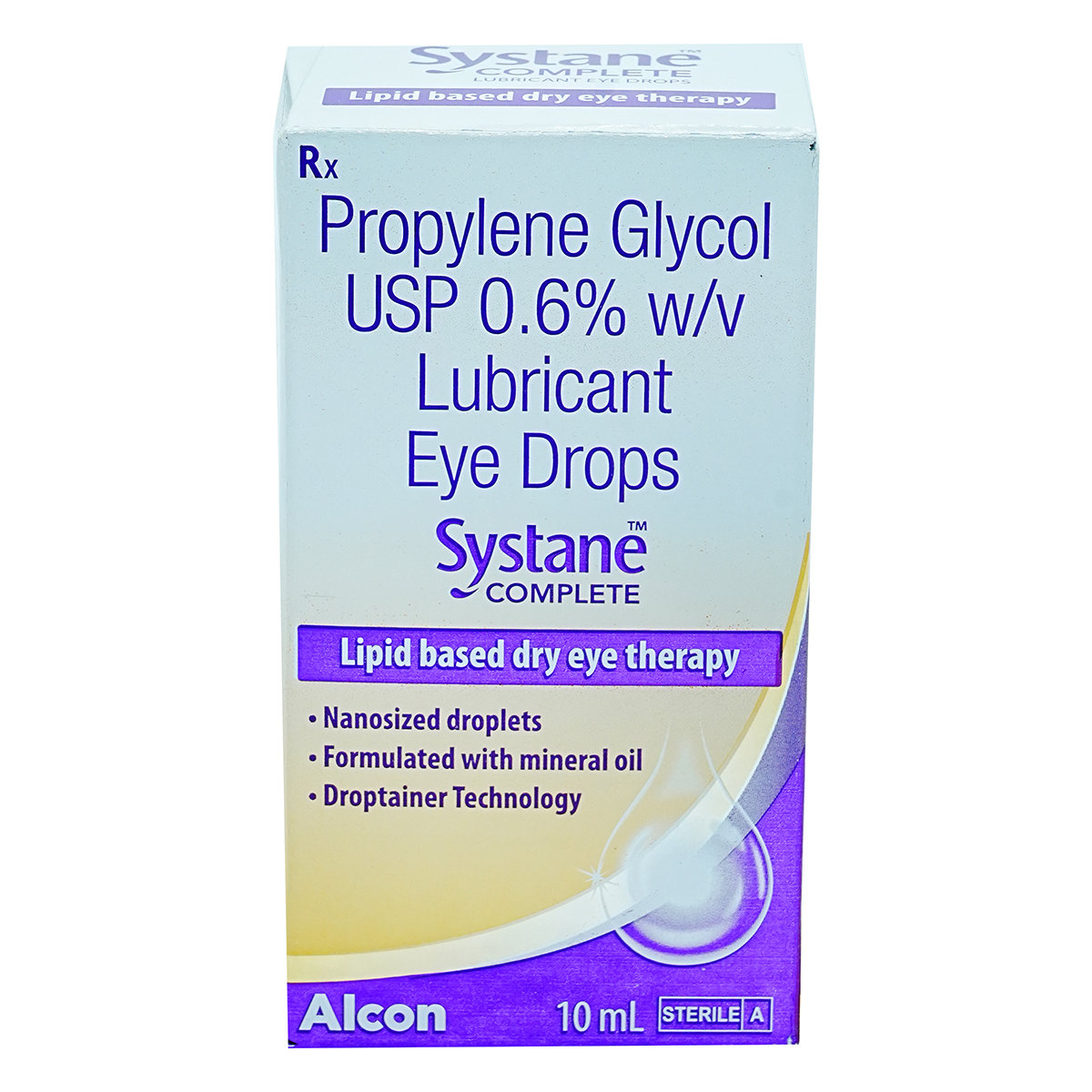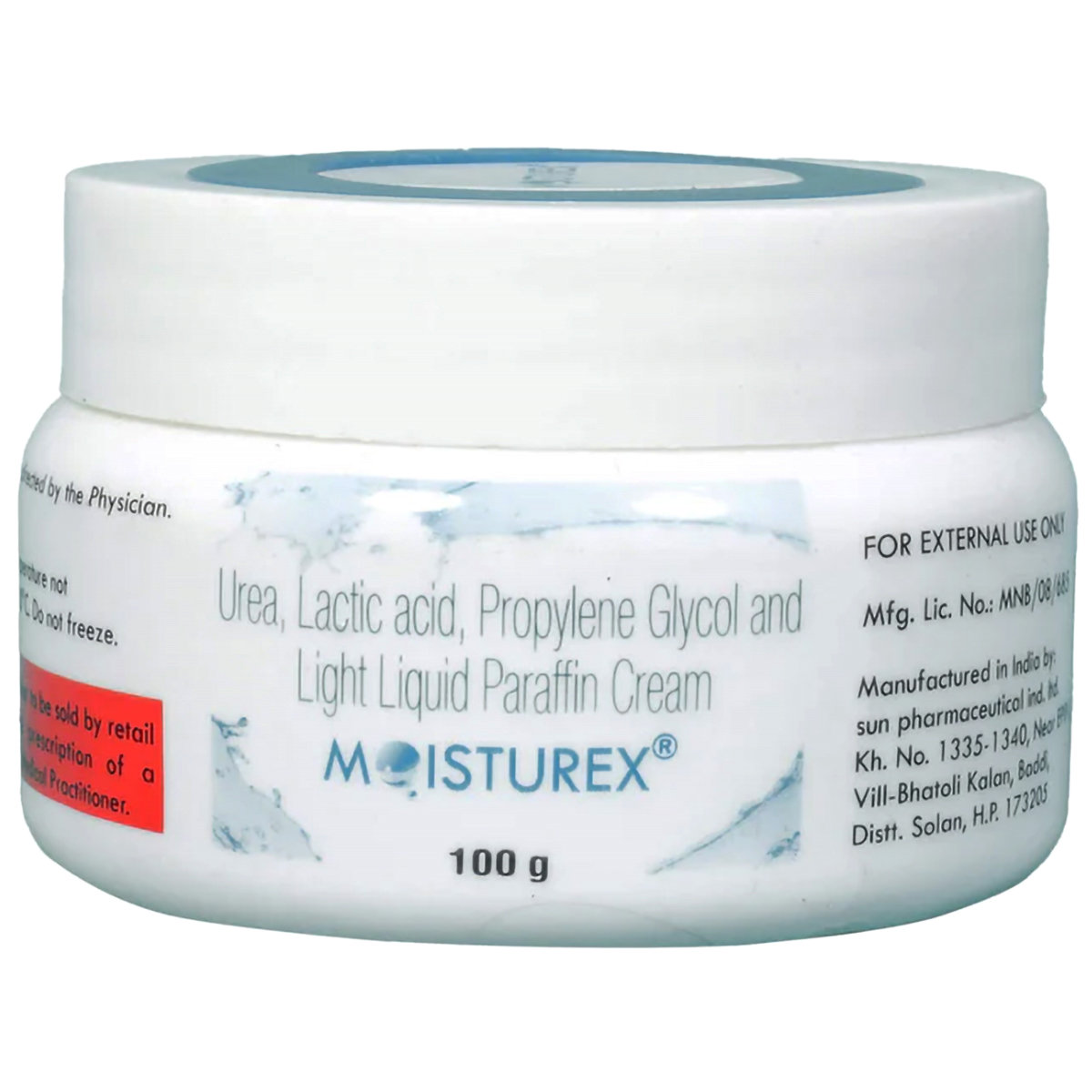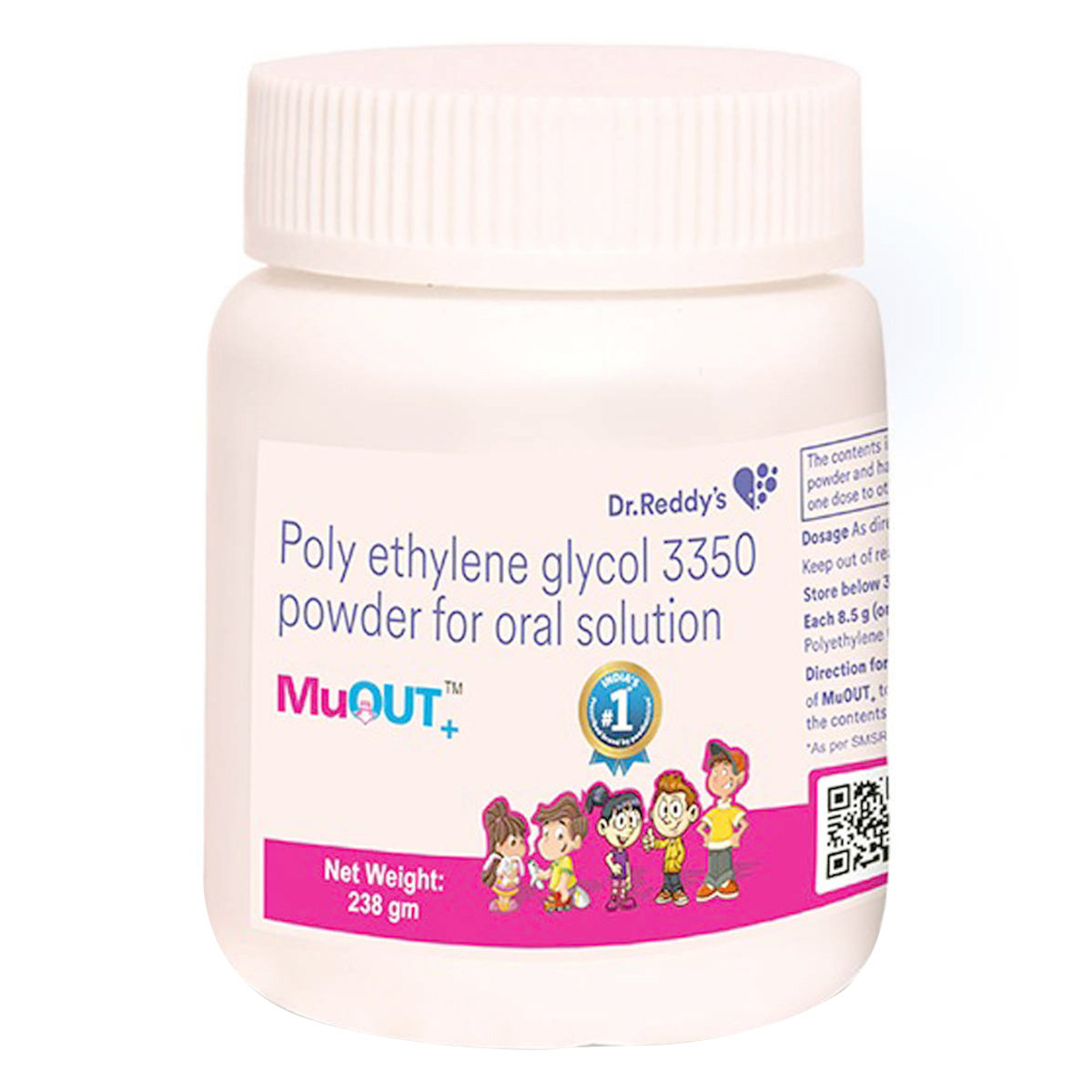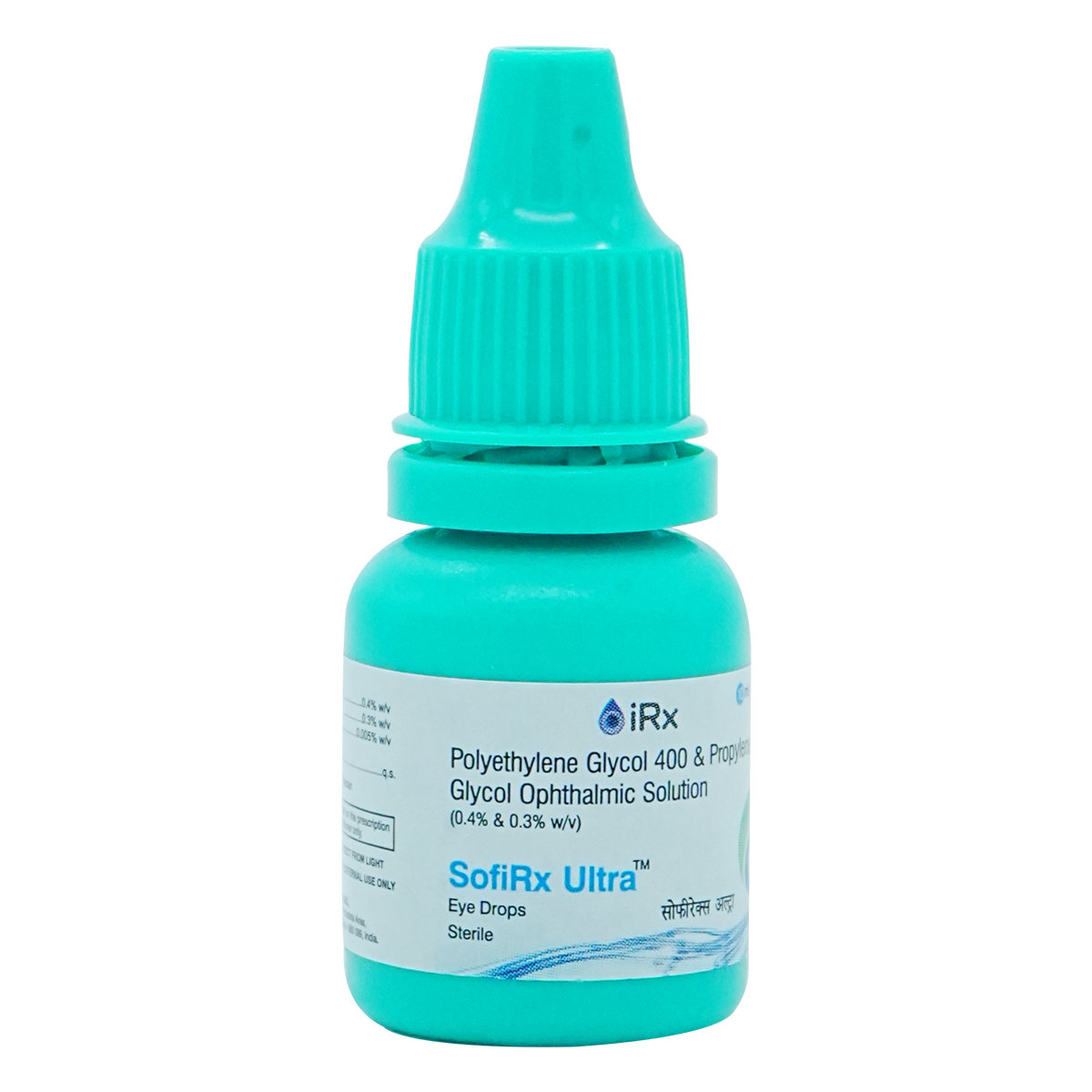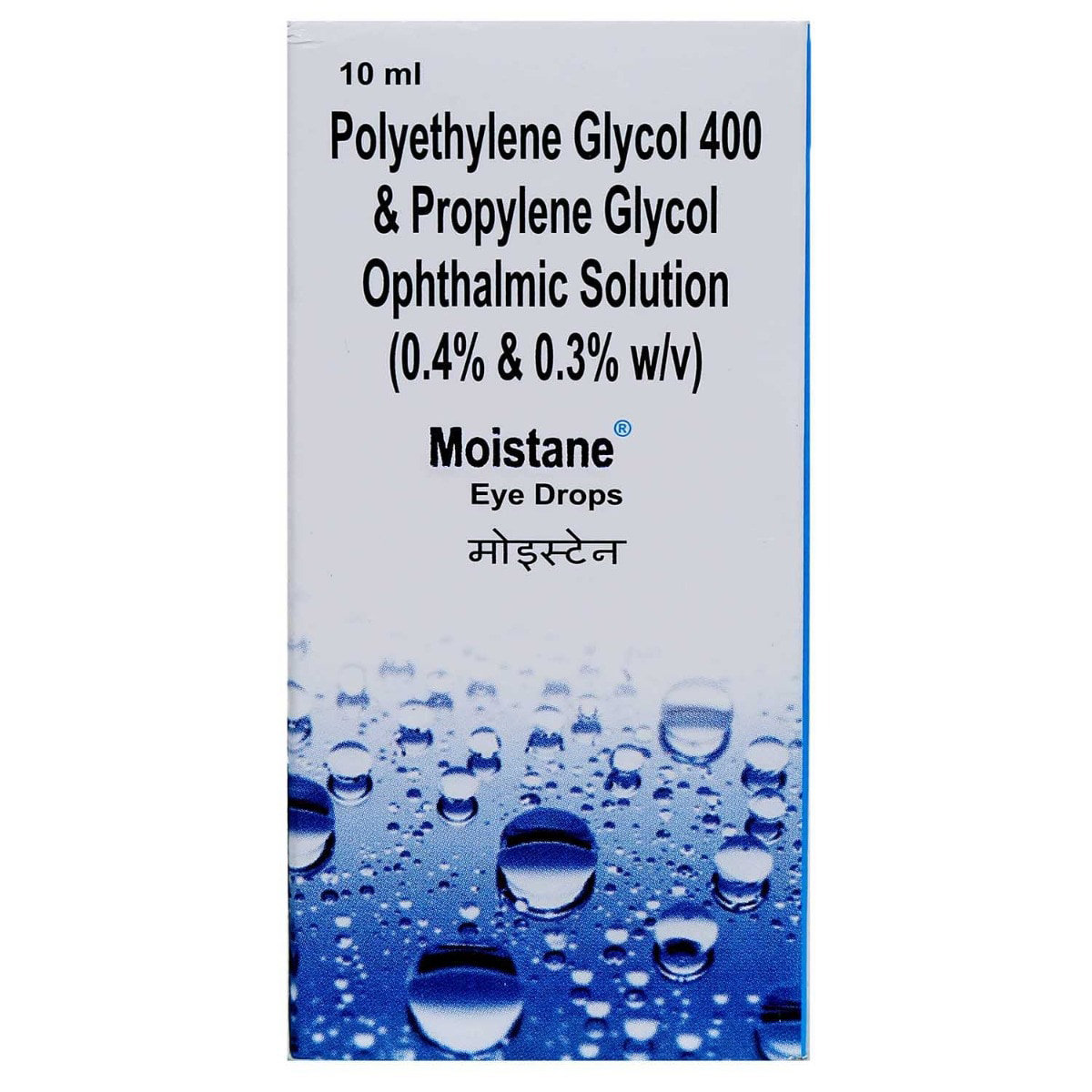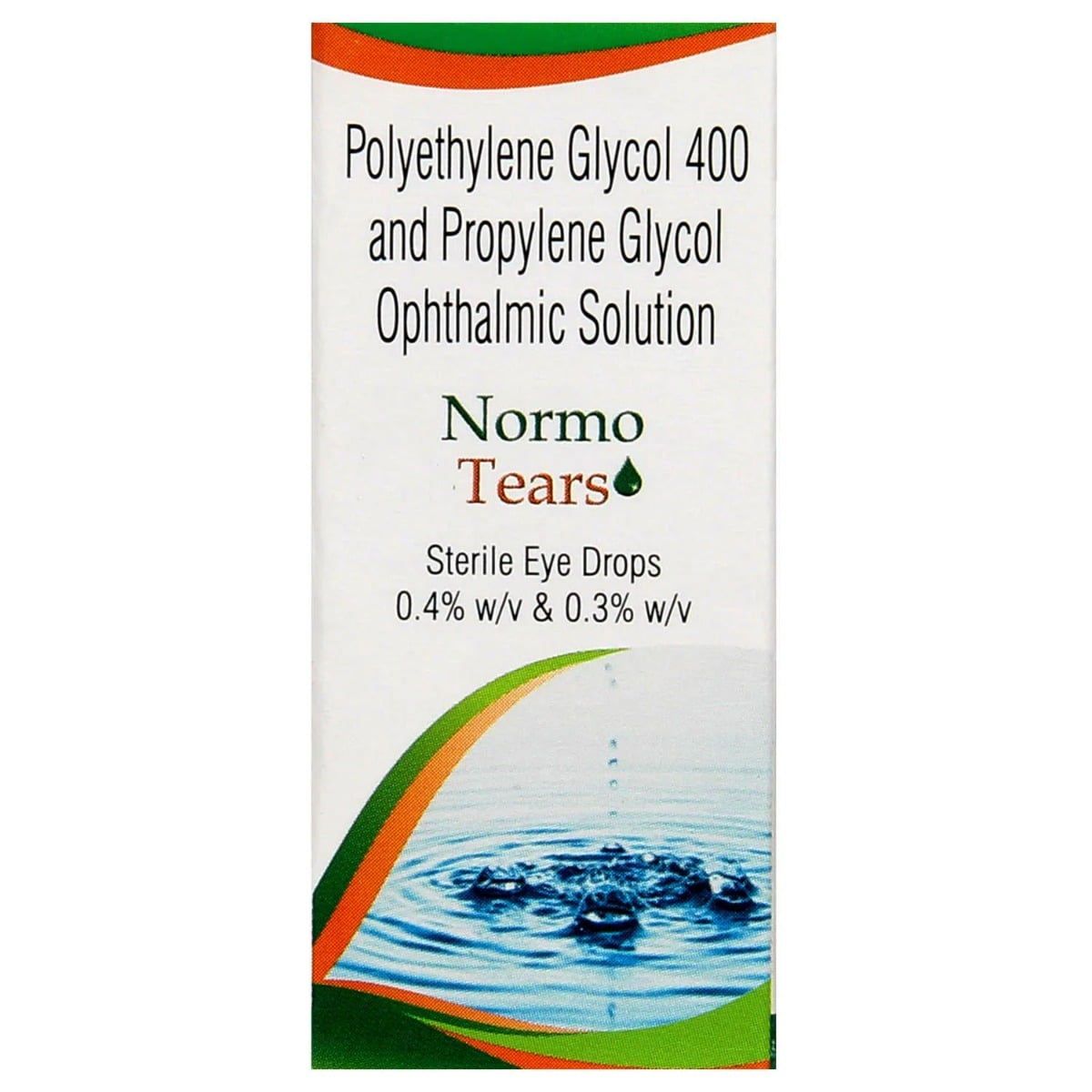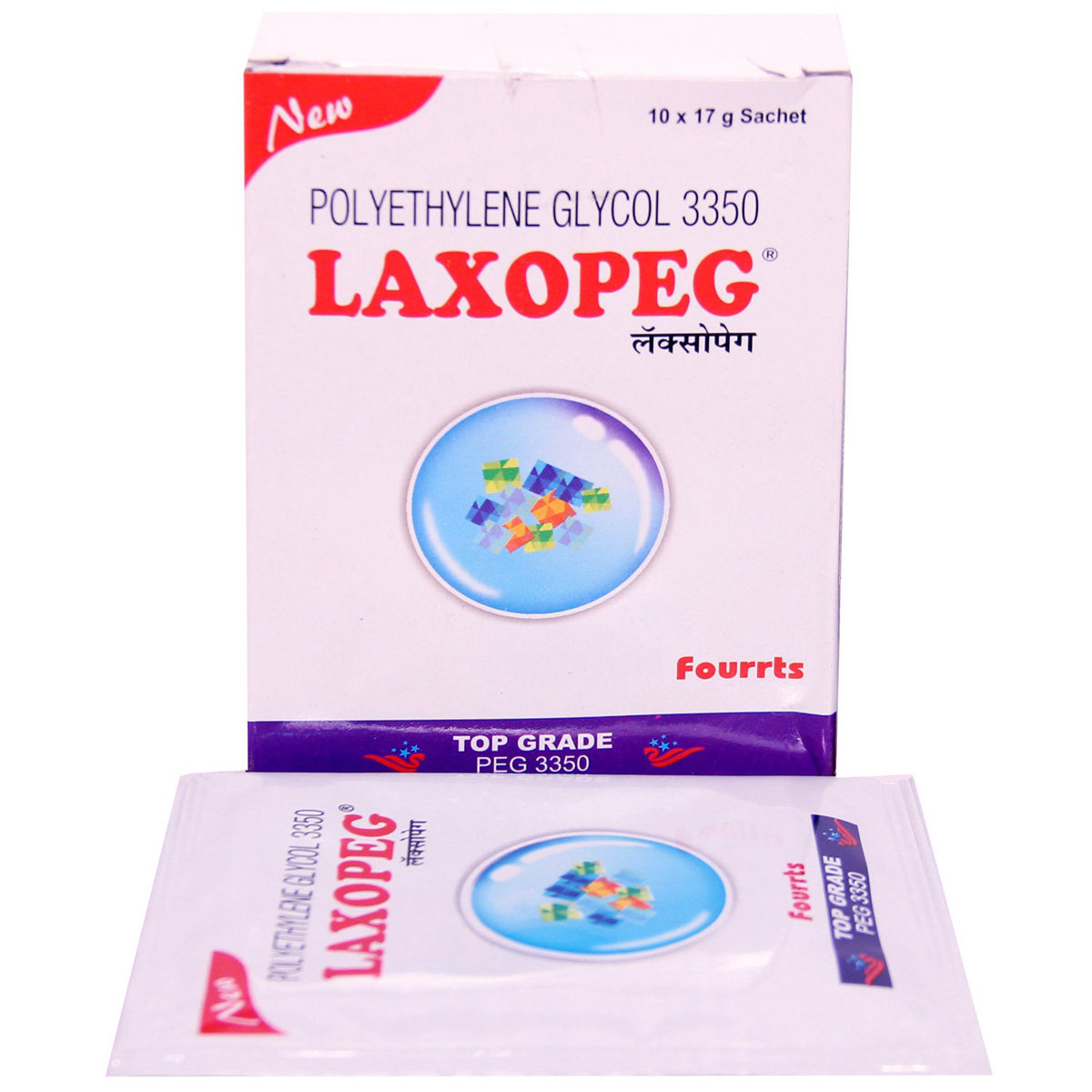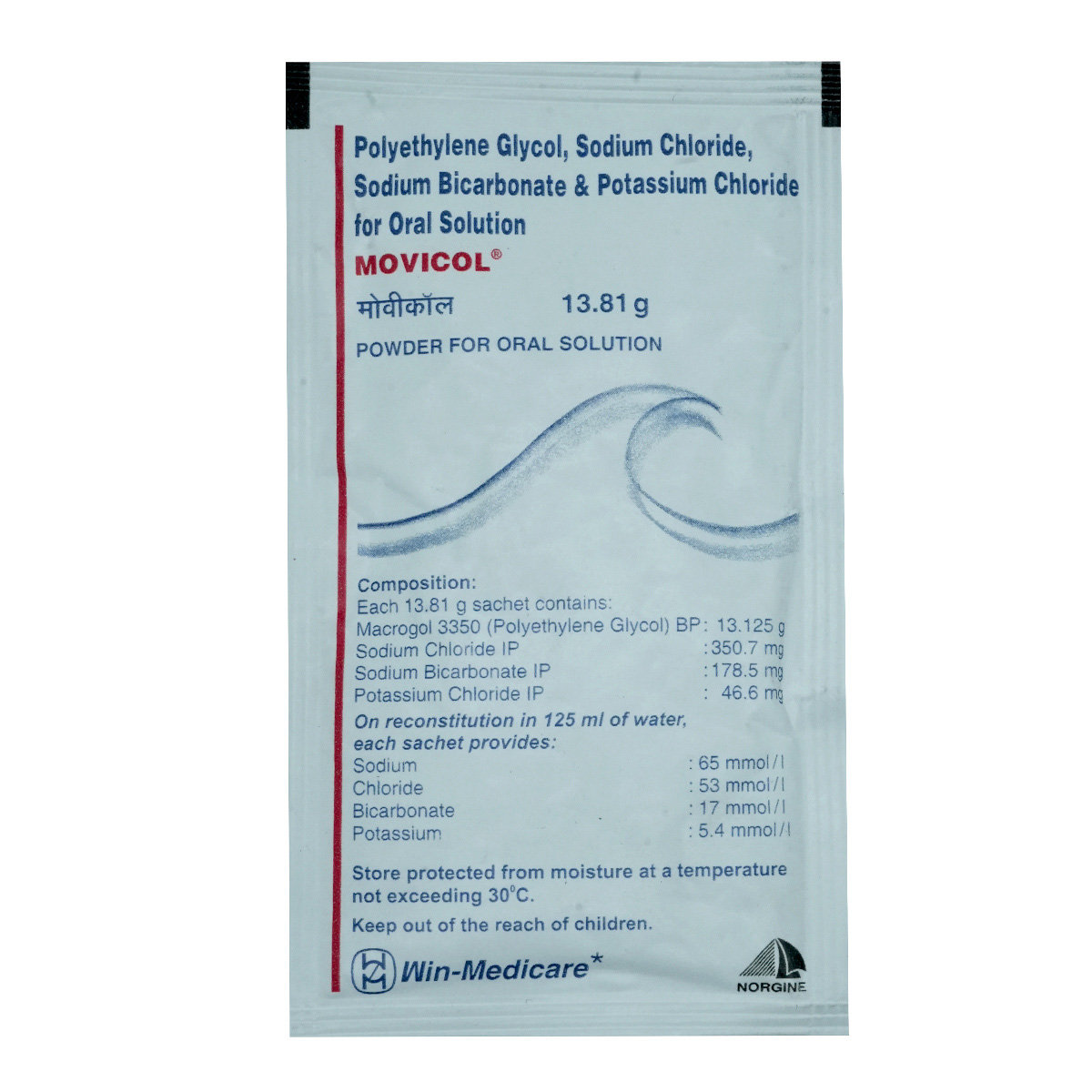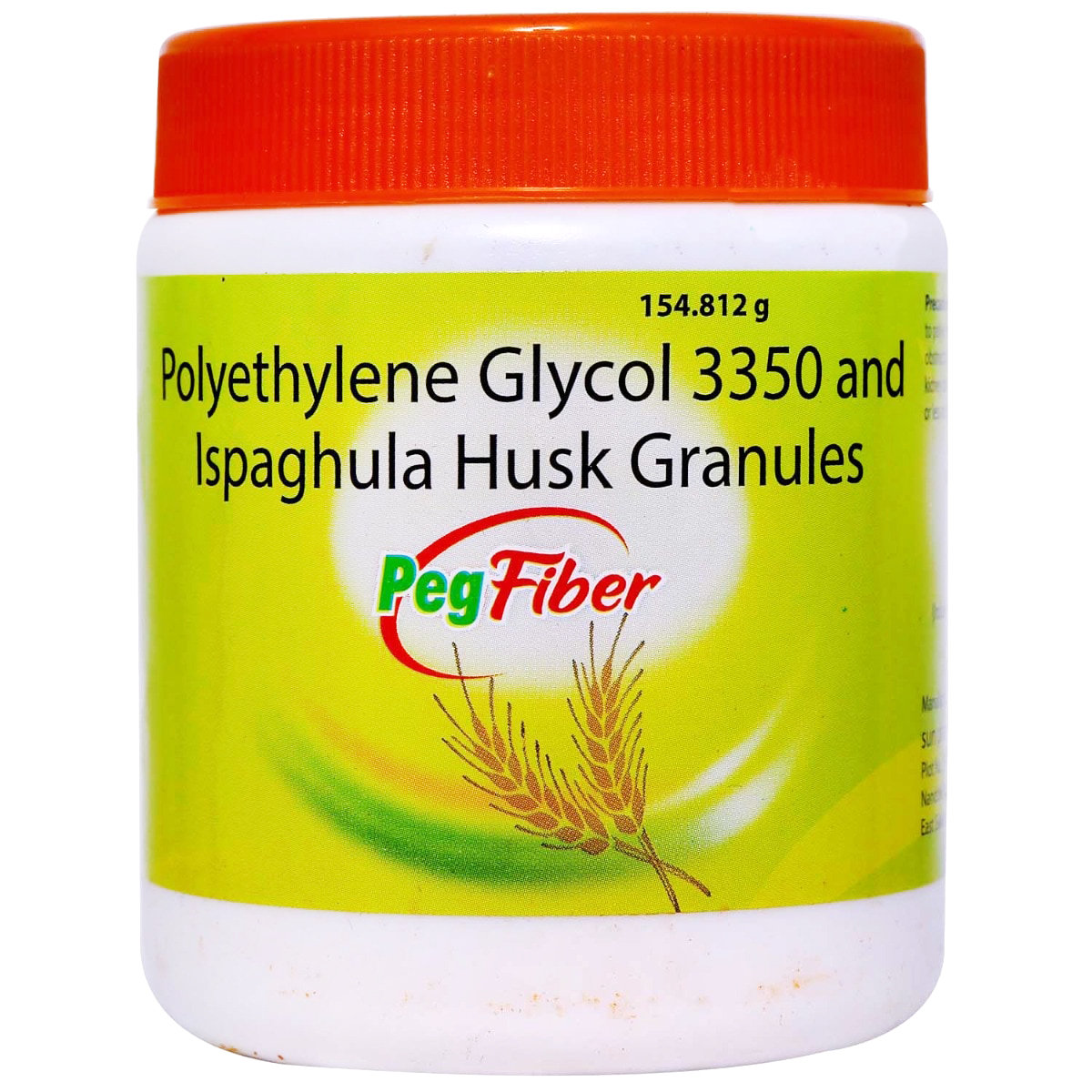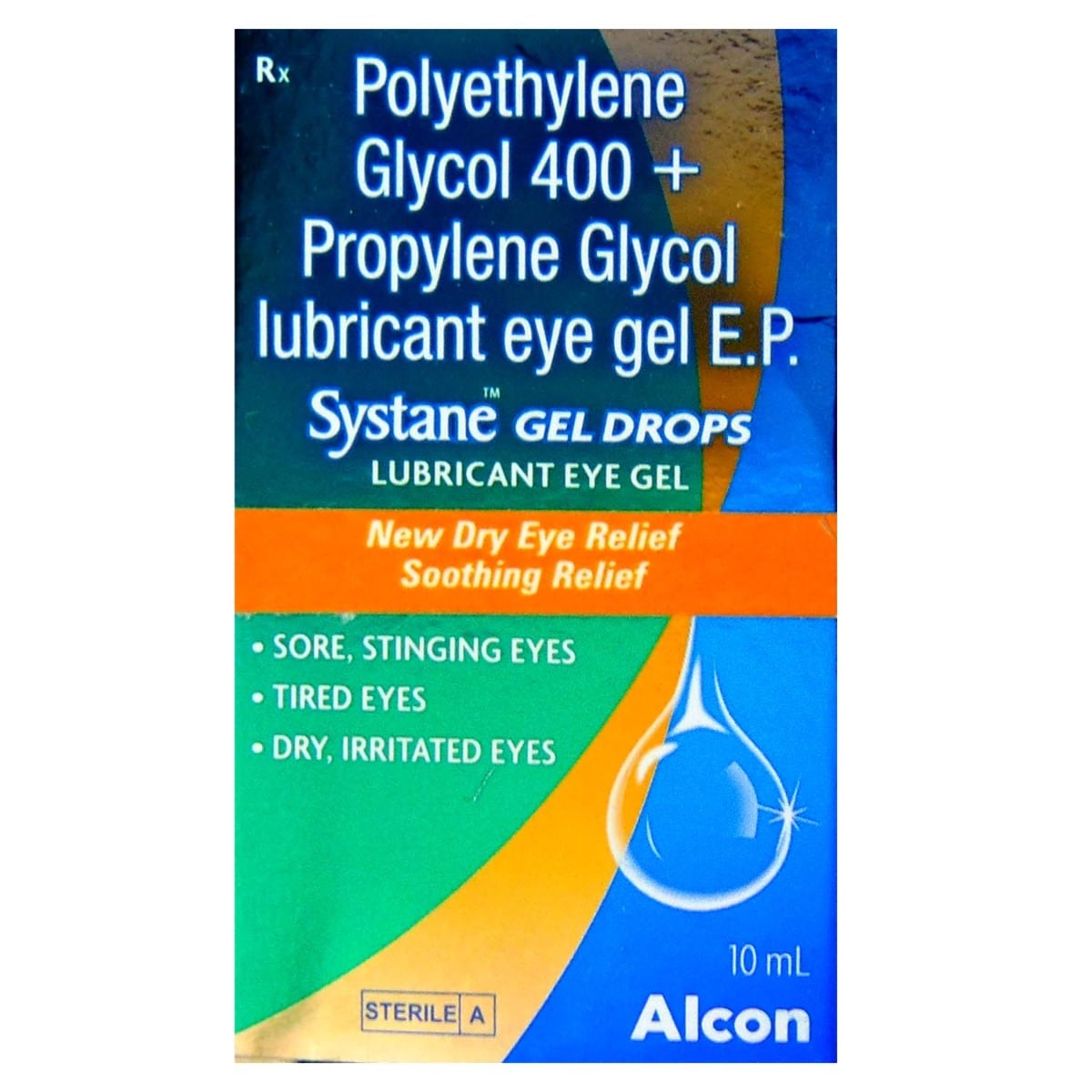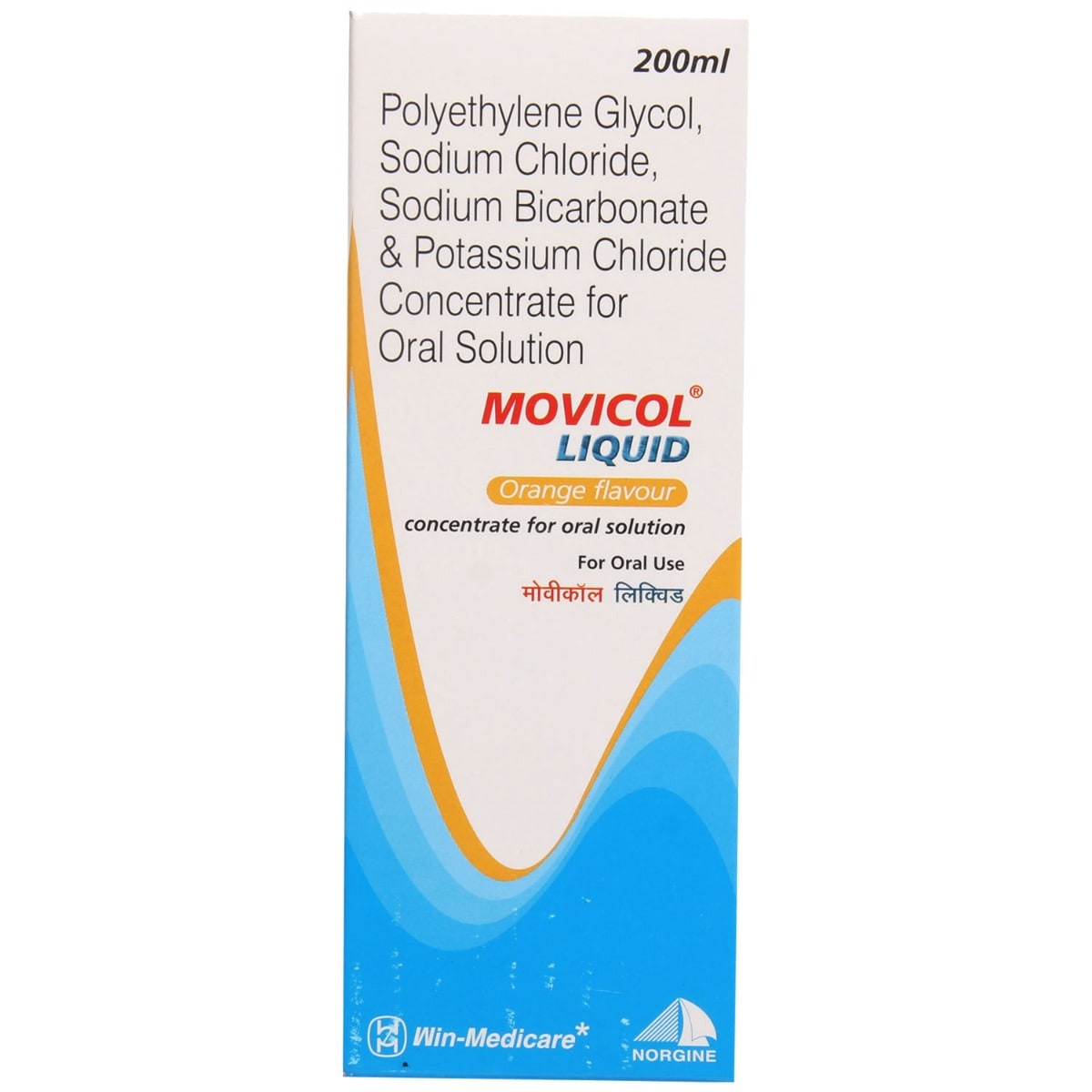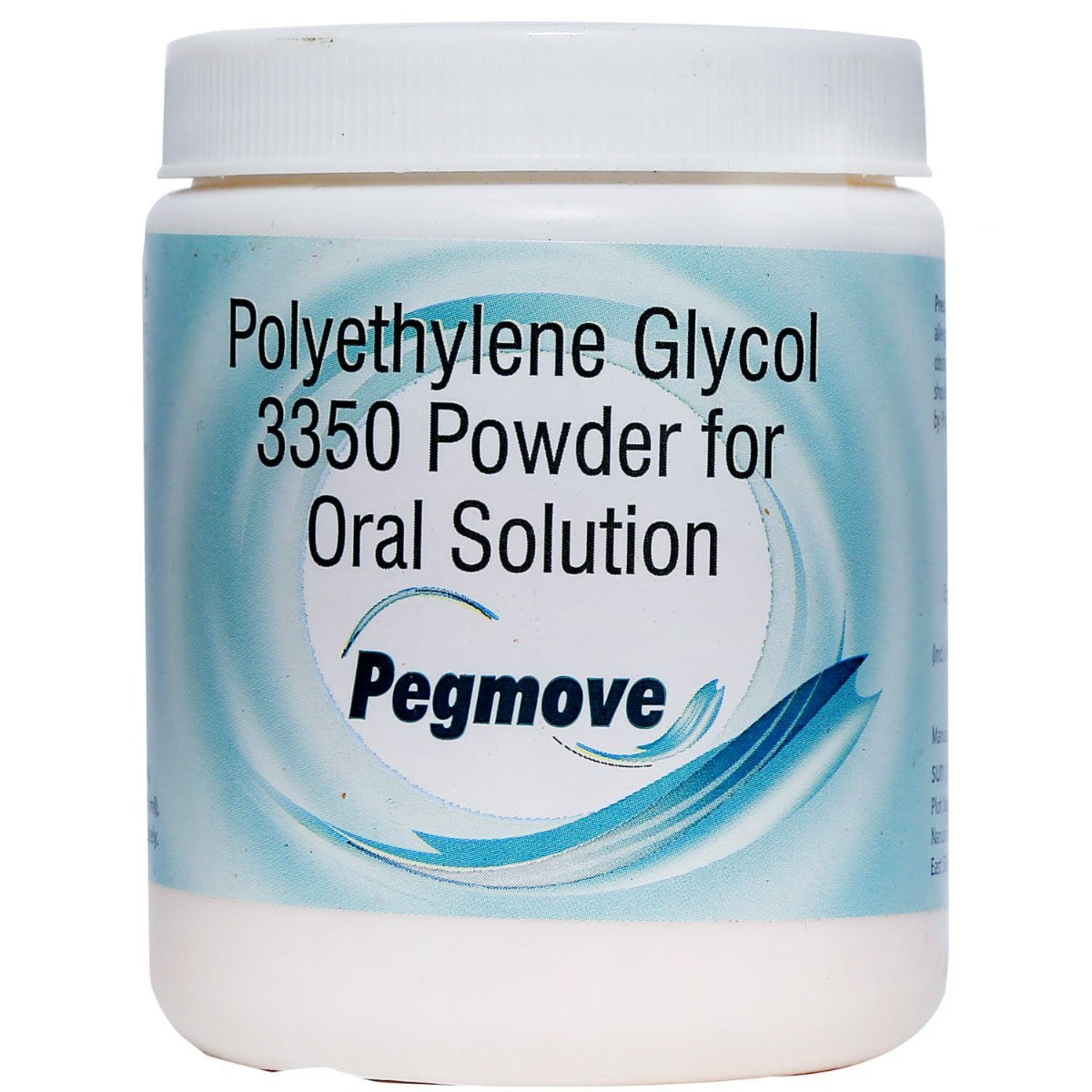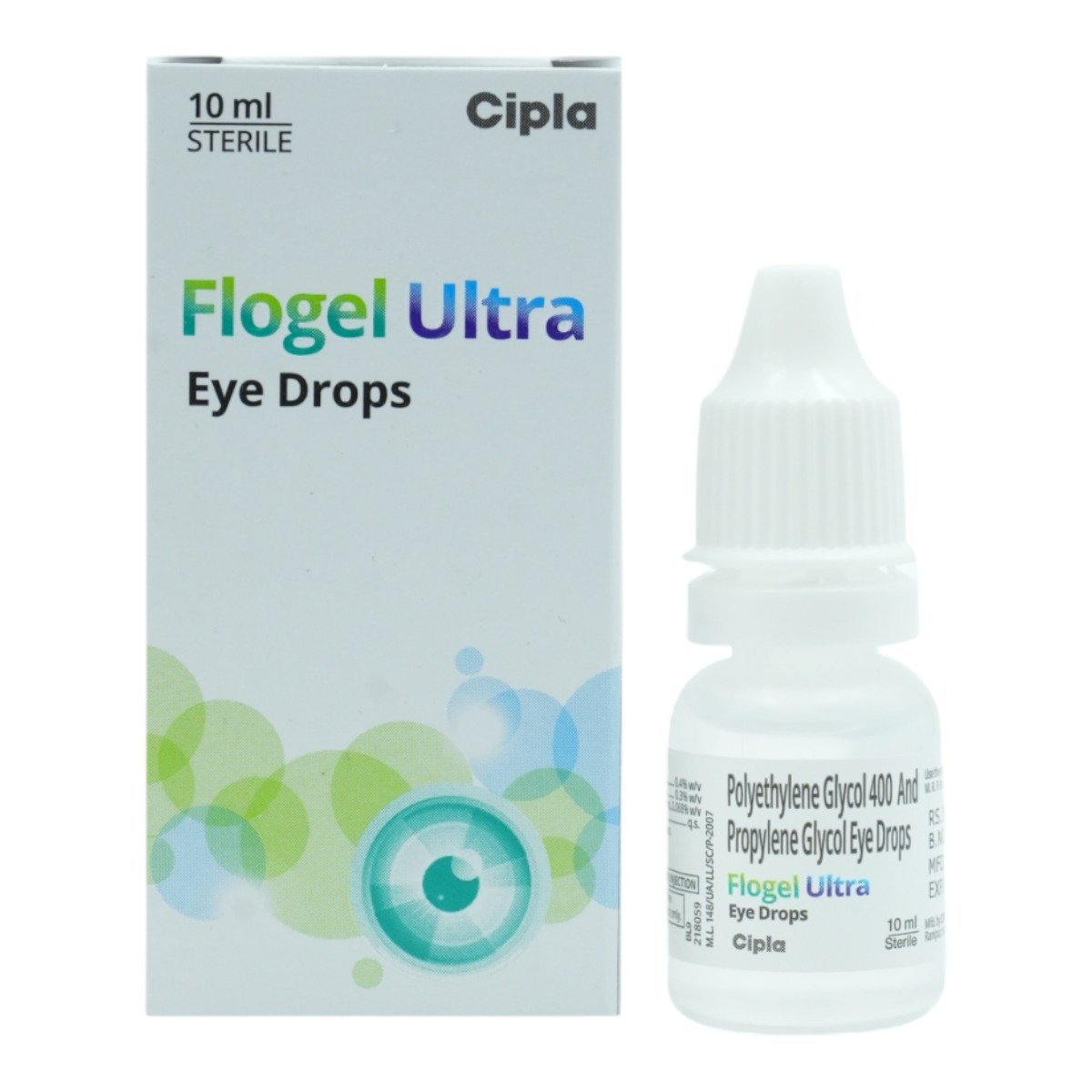Polyethylene Glycol
About Polyethylene Glycol
Polyethylene Glycol is used to treat occasional constipation. Constipation refers to infrequent bowel movements in which the stools are often dry, hard and painful to pass. Constipation occurs when the normal muscle contractions in the large intestine slow down, leading to incomplete elimination of stools from the body.
Polyethylene Glycol contains Polyethene glycol, which causes the water to be retained in the stools, thereby stimulating bowel movement.
In some cases, you may experience certain common side effects such as bloating, gas, nausea, and abdominal pain/cramps. Most of these side effects do not require medical attention. However, you are advised to talk to your doctor if you experience these side effects persistently.
Inform your doctor if you are allergic to Polyethylene Glycol. Do not take Polyethylene Glycol for more than a week unless advised by the physician. Talk to your doctor if you notice any sudden changes in your bowel habits that persist for more than 2 weeks. Consult your doctor before taking Polyethylene Glycol if you are pregnant or breastfeeding.
Uses of Polyethylene Glycol
• Treatment of occasional constipation: Polyethylene Glycol softens the stool by drawing water into the intestines, promoting regular bowel movements.
• Management of chronic constipation: It is used for long-term relief of chronic constipation in adults and children, under the supervision of a healthcare professional.
• Bowel preparation before procedures: It is commonly used to clear the gut before diagnostic procedures such as colonoscopy or sigmoidoscopy.
• Gentle action without cramping: It works without stimulating the colon, making it suitable for people who are sensitive to other laxatives.
Medicinal Benefits
- Increases the water content of stool, softening it and facilitating bowel motions.
- Aids in preserving regular and healthy bowel habits.
- Functions without seriously irritating the intestines.
- Beneficial for chronic constipation when taken as directed by a physician.
- Aids in intestinal cleaning prior to surgery or a colonoscopy.
- Reduces pain and facilitates stool transit.
Directions for Use
- Polyethylene Glycol can be taken with or without food, as advised by your doctor.
- It is usually taken once daily or as recommended by your doctor.
- Check the label for directions before use. Mix the recommended amount of Polyethylene Glycol in water. Stir the mixture well until completely dissolved, then drink it immediately.
- Do not store the prepared mixture for later use.
Storage
Side Effects of Polyethylene Glycol
- Abdominal pain/cramps
- Bloating
- Gas
- Nausea
Medicines Containing this Salt
View AllDrug Warnings
- Do not take Polyethylene Glycol if you are allergic to any of its components.
- Inform your doctor if you have a bowel obstruction, irritable bowel syndrome, anorexia, or kidney disease.
- Consult a doctor before giving Polyethylene Glycol to children.
- Do not take Polyethylene Glycol for more than a week unless advised by the physician, as it might cause dependency on Polyethylene Glycol for a bowel movement; talk to your doctor if constipation lasts for more than a week.
- Consult your doctor if you are pregnant or breastfeeding.
- Stop using Polyethylene Glycol and consult a doctor if you have severe diarrhoea, rectal bleeding, bloody stools, or if the side effects (nausea, abdominal cramps, bloating) get worse, as those might be an indication of a serious condition.
- Consult your doctor if you experience any sudden changes in bowel habits that persist for more than two weeks.
Drug Interactions
Drug-Drug Interactions: No interactions found/established.
Drug-Food Interactions: No interactions found/established.
Drug-Disease Interactions: No interactions found/established.
Drug-Drug Interactions Checker List:
Safety Advice

Alcohol
consult your doctorIt is not known if alcohol interacts with Polyethylene Glycol. Please consult your doctor if you have any concerns regarding this.

Pregnancy
consult your doctorPlease consult your doctor if you are pregnant; your doctor will recommend Polyethylene Glycol if the benefits outweigh the risks.

Breast Feeding
consult your doctorConsult your doctor if you are breastfeeding. Your doctor will decide if Polyethylene Glycol can be taken by breastfeeding mothers or not.

Driving
safe if suggestedPolyethylene Glycol is unlikely to affect your ability to drive. However, drive only if you are alert.

Liver
consult your doctorIf you have liver problems, consult your doctor before taking Polyethylene Glycol.

Kidney
consult your doctorIf you have kidney disease, consult your doctor before taking Polyethylene Glycol.

Children
consult your doctorPolyethylene Glycol should be given to children only if advised by the doctor.
Habit Forming
Diet & Lifestyle Advise
Diet:
- To enhance bowel movements and support polyethene glycol's action in alleviating constipation, include fruits (such as papaya and apples), vegetables, whole grains, and pulses.
- To avoid dehydration and support the medication's effectiveness, consume enough liquids, such as water, soups, and fresh juices.
- Avoid junk food, refined wheat, fried foods, and too much dairy as they might exacerbate constipation and lessen the advantages of treatment.
Lifestyle changes:
- To enhance bowel function, try to go to the toilet at the same time every day and don't ignore the urge to defecate.
- To promote digestion and prevent constipation, engage in regular activities such as yoga, walking, or mild exercise.
- Effectively manage stress and sleep by practising relaxation techniques and adhering to a healthy sleep schedule, as both can have an impact on bowel movements.
Special Advise
- Polyethylene Glycol might be habit-forming. Therefore, do not take larger doses or for longer than recommended by your doctor.
Patients Concern
Disease/Condition Glossary
Constipation: It refers to infrequent bowel movements. The stools are often dry, painful and hard to pass. Constipation is a condition in which a person has fewer than 3 bowel movements per week. However, bowel patterns may vary from person to person. Symptoms include bloating, abdominal pain, and the feeling that bowel movements are incomplete. Constipation occurs when the muscle contractions in the large intestine slow down, leading to incomplete elimination of stools from the body. Constipation can be associated with a sudden change in diet, a low-fibre diet, insufficient fluid intake, lack of exercise, loss of bowel muscle tone in older individuals, or prolonged bed rest.
FAQs
Polyethylene Glycol is used to treat constipation and to prepare the bowel for procedures such as colonoscopies.
Polyethylene Glycol helps retain water in the stools, thereby stimulating bowel movement. It increases the number of bowel movements, softens stools, and makes them easier to pass. Therefore, Polyethylene Glycol helps alleviate constipation.
Polyethylene Glycol usually produces a bowel movement in 1-3 days. Polyethylene Glycol might cause loose, watery and more frequent stools.
Diarrhoea might occur if Polyethylene Glycol is taken in larger doses. Drink lots of fluids and eat food rich in fibre if you experience diarrhoea. Stop using Polyethylene Glycol and consult your doctor if you experience severe diarrhoea or if you find blood in your stools.
Do not take Polyethylene Glycol for more than a week unless advised by the physician, as it might lead to dependency on Polyethylene Glycol for a bowel movement. Consult your doctor if your bowel movements are irregular even after taking Polyethylene Glycol for a week, or if you notice a change in bowel habits that lasts for more than 2 weeks.
Drink plenty of fluids and consume fibre-rich foods, such as whole-grain bread, unprocessed bran, fruits, and vegetables. Try to exercise regularly.
Polyethylene Glycol should be given to children only if advised by the doctor.
If you are pregnant or breastfeeding, please consult your doctor before using Polyethylene Glycol.
You are recommended to consult your doctor before taking Polyethylene Glycol with other medications to avoid drug interactions.
Polyethylene Glycol may cause side effects such as bloating, nausea, gas, and stomach cramps or pain. If these side effects persist or worsen, please consult your doctor.
